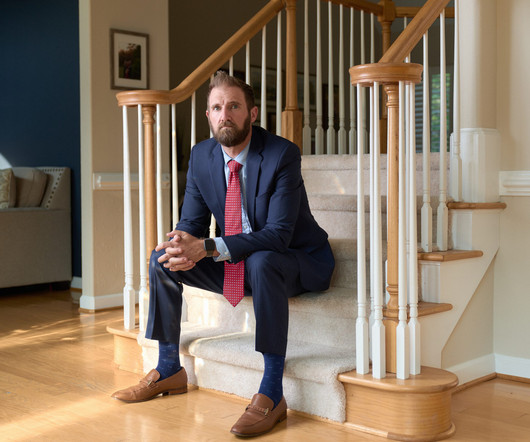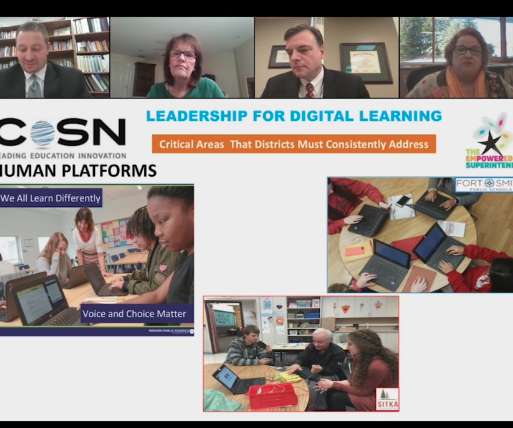‘A second prison’: People face hidden dead ends when they pursue a range of careers post-incarceration
The Hechinger Report
JULY 28, 2023
Jesse Wiese spent seven years in prison; when he left the Iowa facility in 2006, he thought his debt to society had been paid. The Institute for Justice found 40 states have eased or eliminated some of their laws keeping people with criminal records from getting employment licenses since 2015. Such advocacy has bipartisan support.






















Let's personalize your content